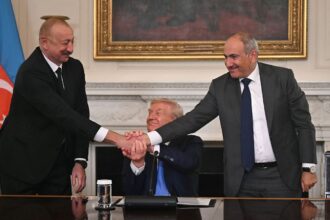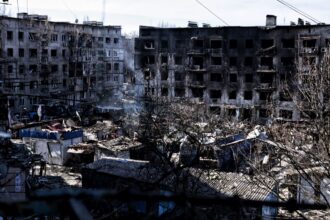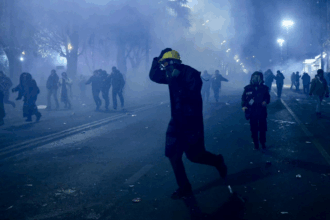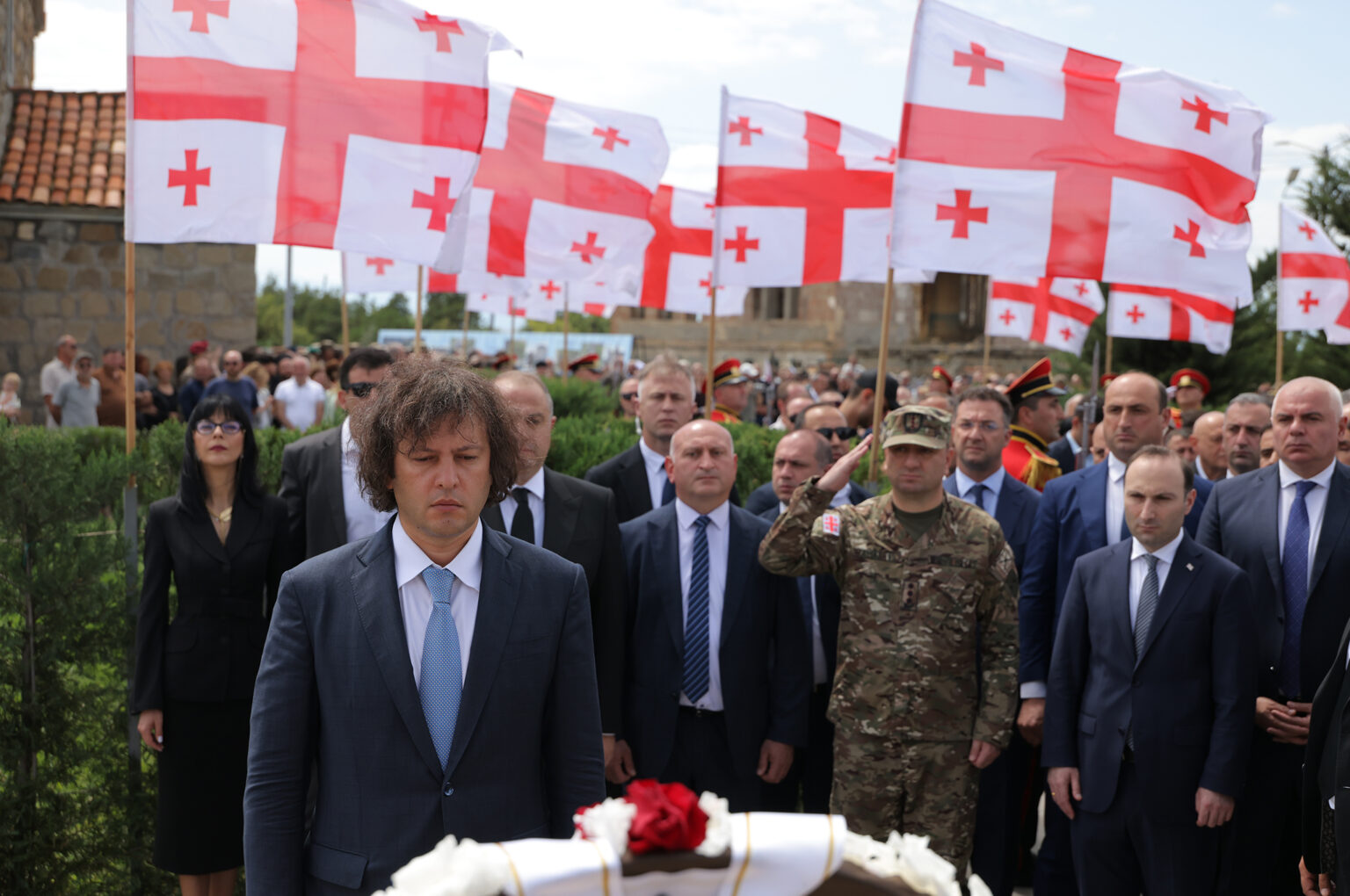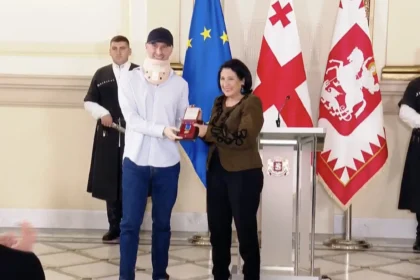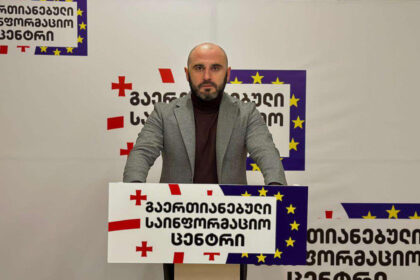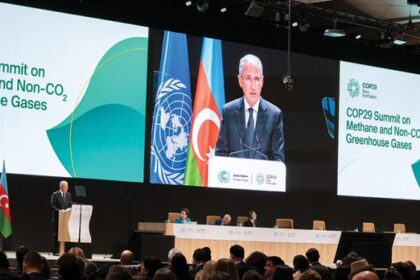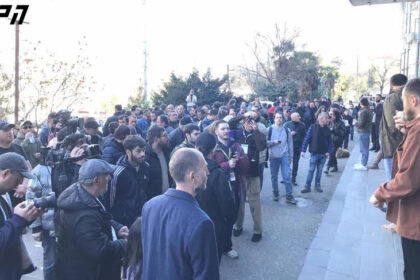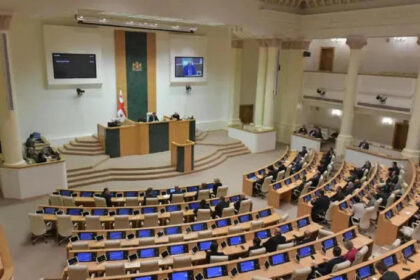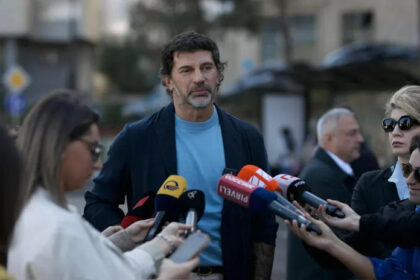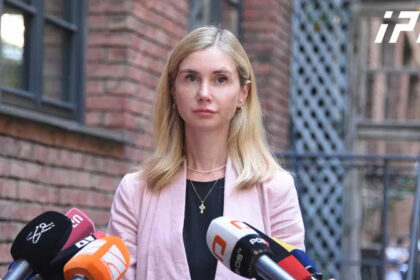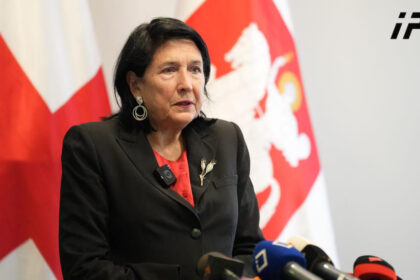**Georgian Prime Minister Reiterates Accusations Against Former Government**
In a recent statement, Georgian Dream Prime Minister Irakli Kobakhidze again accused the former United National Movement (UNM) government of triggering the 2008 Russo-Georgian war. He stressed that while this “treason” may be true, it does not justify the Russian occupation of 20% of Georgia’s territory.
**A Nation’s Pride and a Long-Standing Challenge**
Kobakhidze emphasized that restoring Georgia’s territorial integrity is a top priority for his government. He paid tribute to the soldiers who lost their lives in the battle at Shindisi village during the August War. “The occupation of 20% of our territories remains one of our most important national challenges,” he said.
**Accusations Against Saakashvili and UNM**
Kobakhidze repeated his claims that Mikheil Saakashvili’s government did not truly represent the Georgian state, as it had come to power through “fraud.” He insisted that this made Saakashvili a “traitor” who started the war in 2008. Kobakhidze also claimed that Saakashvili was an “externally installed foreign agent” who fulfilled his assignment by initiating the conflict.
**Recalling Salome Zurabishvili’s Controversial Remarks**
In his statement, Kobakhidze also referenced the similarly contentious remarks made by Salome Zurabishvili during her presidential campaign in 2018. As a candidate endorsed by Georgian Dream, she acknowledged that Saakashvili’s regime was responsible for starting the war in 2008. According to Kobakhidze, he and his team advised Zurabishvili to take a softer approach due to concerns about electoral backlash.
**Commentary**
This statement from Prime Minister Irakli Kobakhidze is not surprising, given his party’s long-standing criticism of the UNM government. However, it does highlight the complexities and sensitivities surrounding Georgia’s history with Russia. While acknowledging Saakashvili’s role in starting the war may be seen as a necessary step towards national reconciliation, it also risks opening up old wounds.
**Analysis**
This statement is part of a broader effort by Georgian Dream to reframe the country’s narrative on the 2008 Russo-Georgian war and its aftermath. By emphasizing the occupation of Georgian territory and Saakashvili’s “treason,” they aim to shift attention away from their own controversies, such as electoral issues and human rights concerns.
Read More @ civil.ge

